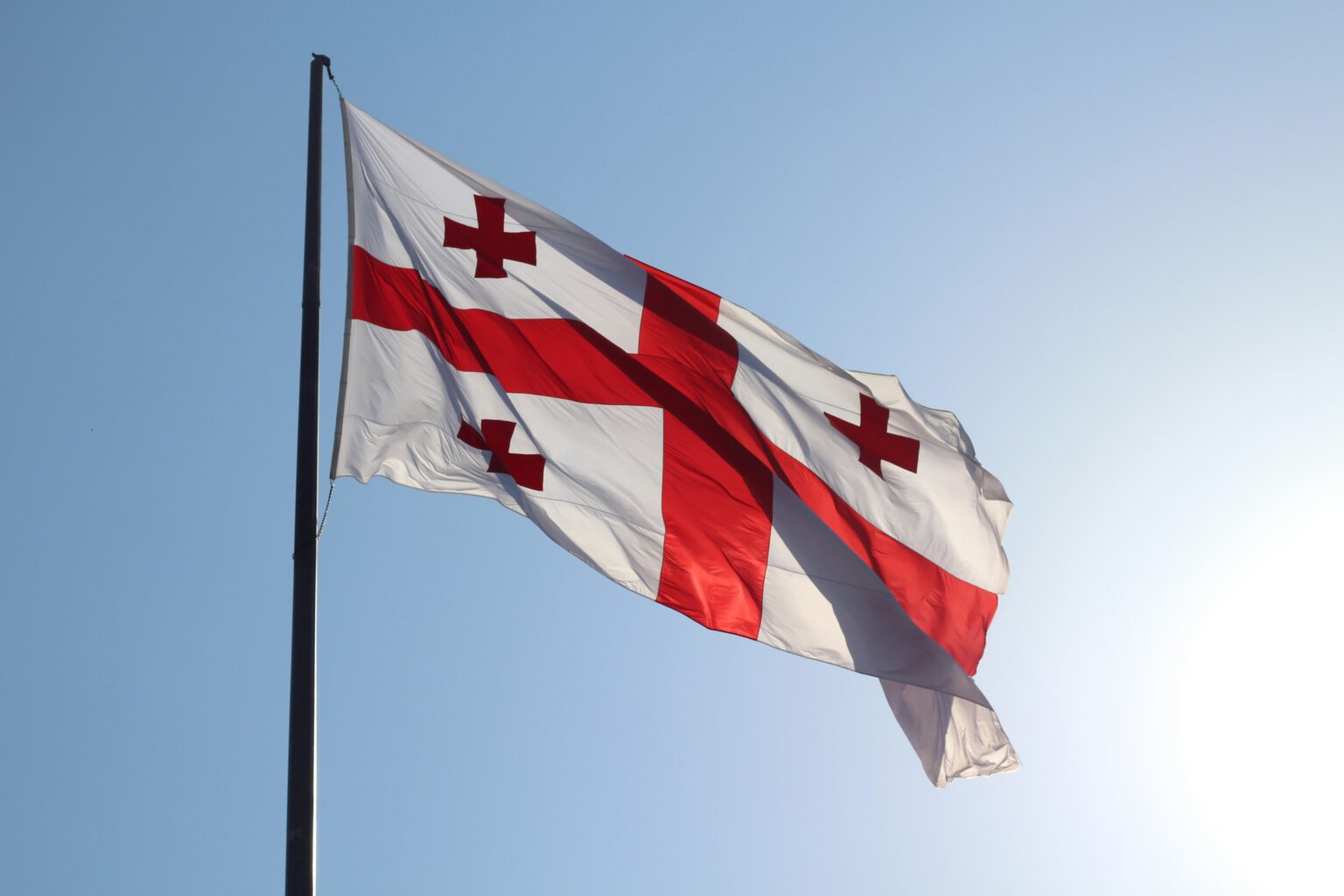Georgia’s new anti-LGBTI laws threaten fundamental rights and freedoms

On 17 September, the Parliament of Georgia voted in the third and final reading for laws aimed against LGBTI people by restricting their rights to non-discrimination, health care and education, freedom of speech and peaceful assembly, and the right to security.
The ruling Georgian Dream party proposed a series of anti-LGBTI bills earlier this year under the guise of ‘promoting traditional family values and protecting children’. The proposed 18 amendments will clamp down on the freedom and human rights of LGBTI people and will affect several existing laws. On 17 September, the laws passed the third reading, bringing them to becoming a frightening reality for Georgian LGBTI people.
This legislative package is rare in the EECAC region. It contains extremely pathologising and stigmatising language. The laws are complex, highly discriminatory and reflect the longstanding oppression of LGBTI people by the Georgian government. The initiated laws are generally aimed at the right to equality and non-discrimination, as well as the right to privacy and freedom.
What the laws mean for LGBTI people in Georgia
The laws will have a harsh and immediate impact on all LGBTI people in Georgia. The laws will undermine the rights of LGBTI people, with profound social, psychological, and political consequences, leading to greater marginalisation of LGBTI communities, especially trans people.
Trans-specific healthcare
Trans-specific healthcare will be banned. Likely, trans people won’t be able to access essential care such as surgery and hormones.
Medical professionals can be prosecuted under criminal law, which could lead to a refusal to provide services for trans people, including mental health services.
Legal documents
Official documents such as passports will be issued according to the gender assigned at birth, either male or female. Therefore, trans people’s documents are unlikely to match their gender, which can lead to further discrimination in employment, education, access to housing and essential services such as opening a bank account. Intersex people will also be affected, especially in cases where their gender was incorrectly assigned at birth.
Family life
Family life will be restricted. Marriages and ‘live-in’ relationships will be limited to cis heterosexual couples, and LGBTI people will not be allowed to adopt or foster children. This will reinforce discrimination against LGBTI people and will signal that our relationships and families are invalid.
Freedom of assembly
Freedom of assembly for LGBTI people will be banned, severely limiting LGBTI people and our allies from organising against oppression, voicing dissent and advocating for change, weakening grassroots efforts and participation in public life.
Representation of LGBTI life in media, culture and education
Any material, potentially including books, leaflets, blogs and social media posts, TV programs etc, that shares information about LGBTI lives and identities will be banned.
In addition, references to LGBTI identities and people in schools and educational institutions will be banned. This type of censorship will all but extinguish LGBTI visibility, encourage harmful stereotypes to flourish and discrimination will thrive.
Conferences and workshops from organisations aimed at advocacy or mental health can be seen as ‘popularisation’ and can be prosecuted by the state, destroying already rare safe spaces for gatherings and learning. Educators suspected of sharing information about LGBTI can be prosecuted under criminal law.
Opposition to the laws
The Venice Commission, an advisory group under the Council of Europe, made up of independent legal experts, assessed the proposed laws. The Commission recommends that the Georgian authorities reconsider this legislative proposal entirely and not go ahead with it.
The Commissioner for Human Rights of the Council of Europe, Michael O’Flaherty, has urged the Speaker of the Parliament of Georgia not to adopt the draft law and refrain from using stigmatising language against LGBTI people. In addition, the Commissioner calls on Georgian Members of Parliament to engage with different actors to protect the human rights of LGBTI people and combat discrimination against them.
What’s next?
We call on the Georgian Parliament to remove the laws and create transparent and accessible procedures for changing the registered gender marker of trans people in Georgia and support LGBTI people to get adequate protection and support in the country.
We call on Georgia’s president, Salome Zourabichvili, to veto the laws and support civil society in the fight against them.
We are in touch with local trans activists to develop ways to support trans communities.
How to support trans people in Georgia
We urge all the readers of this article to support Georgia’s trans siblings:
- Share this with your friends and loved ones.
- Write an open letter about why this law discriminates against LGBTI people.
- Make a peaceful protest rally outside your city’s Georgian embassy or consulate.
- Tag the embassy/consulate in social media posts and explain why you are against the discriminatory laws.
- If you work in human rights or donor organisations, consider offering financial and technical resources for Georgian LGBTI communities.
Keep an eye on our channels. We will soon be publishing a briefing with recommendations on laws that you can use to engage with different stakeholders: